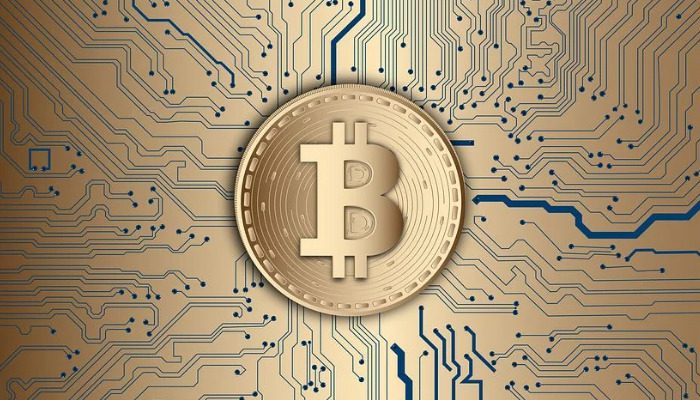The evolution in financial practices in the last two decades has paved the way for a more open, autonomous technology that has the potential to shift the entire framework of finance at a macroeconomic level.
Johann Kerbrat, CTO of Robinhood Crypto said, “Just like the internet-enabled the free transfer of information, DeFi aims to enable the transfer of value in an open, transparent, auditable system that doesn’t need any centralized 3rd party or gatekeeper, but just the agreement of two parties”.
The way forward for every prevalent financial service that we use today – loans, savings, and insurance could leverage Blockchain technology – a public ledger for digital assets and cryptocurrencies, as opposed to a conventional bank. Decentralized Finance (DeFi) is now being seen as the new alternative to traditional banking, with financial applications built on Blockchain technology that enables digital transactions between multiple parties based on a decentralized consensus. Transactions on DeFi work without the presence of a central authority or the control of banks or other traditional financial organizations, and are, therefore, ‘decentralized’.
With the emergence of leading-edge DeFi applications such as Saddle, Uniswap, and Curve Finance, the DeFi finance marketplace has now proliferated into a billion-dollar industry.
DeFi – Key takeaways
In recent years, there has been an upsurge in Cryptocurrency investment, and made DeFi trading a niche space resulting in an overall global, fluidic, financial system with these key takeaways:
- Usage of peer-peer technologies to eliminate intermediaries, fees, and other charges in transactions
- Transactions based on self-executing ‘smart contract’ technology on the Blockchain network
- Top-notch security and control over your digital wallets to minimize inefficiencies
- The broad spectrum of financial services ranging from everyday banking, loans, and mortgages, to complicated contractual relationships and asset trading
DeFi poised to liberate the Financial system
We have seen the metamorphosis in the financial transactions in the economy with the marginal usage of what used to be banknotes, coins, and currency to everything ‘digital’. With the core aim of democratizing finance, centralized financial systems could now be replaced by banks with direct, peer-peer services.
A 2020 report by the Journal of Business Venturing Insights revealed that “Blockchain technology can substantially increase the scope and efficiency of peer-to-peer transactions, turning previously infeasible business models into viable ones. Empowered by Blockchain technology, financial services can become more decentralized, innovative, interoperable, borderless, and transparent.”
With Defi reinventing the wheel in digital finance, the estimated significant impact will be seen in the areas of banking operations. The next logical step from an economic standpoint is to realize the vision of digital finance outperforming the conventional finance ecosystem through various stages of maturity. In the years to follow, the potential of DeFi in terms of speed of growth and scalability are in these areas:
- Inclusive borrowing and lending protocols in Commercial banking, that are supply-demand driven, and enable large-scale transactions on a unified platform.
- Emergence of Decentralized exchanges (DEXs), that enable Crypto trading through tokens and secure smart contracts that contain automated liquidity pools.
- Stablecoins based on Blockchain protocols, that encode the principle of price stability, driving participant engagement, and eliminating the risks of volatility in prices.
- Investment banking through derivative issuance protocols, that enable the decentralized creation and trading of derivatives on assets such as stocks, currencies, and commodities for the generation of the best yields.
DeFi and Crypto-trading are here to stay
DeFi and Crypto trading is here to stay. The turning point for finance and banking was the development of a large-scale financial system with independence for investors. DeFi has transcended the boundaries of traditional banking systems with core technologies that are far-reaching and will continue to drive decentralized finance.
Proponents of Defi systems see that the decentralized Blockchain enables more secure, autonomous, and transparent transactions and the future of DeFi looks promising. The fundamental question, however, is “Do you want to be your own bank?” And if people are open to a great level of ownership of their assets, DeFi is the way forward.

































